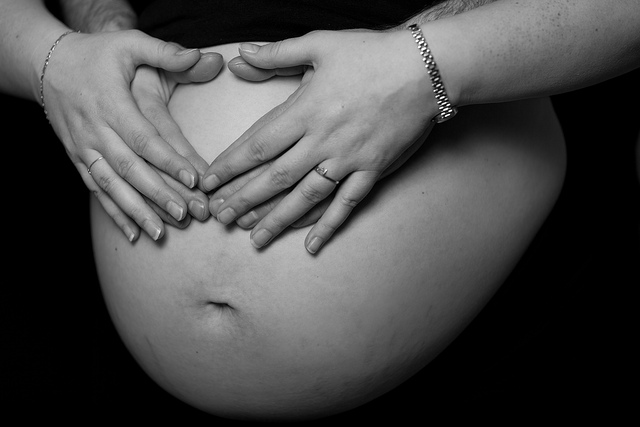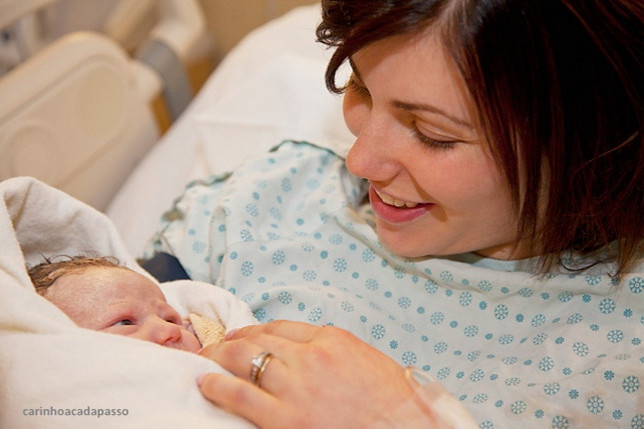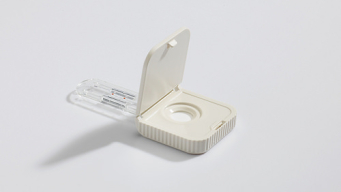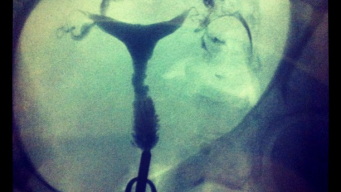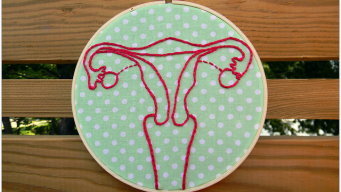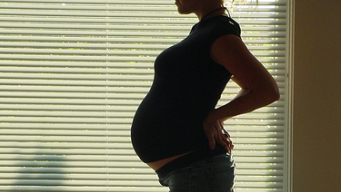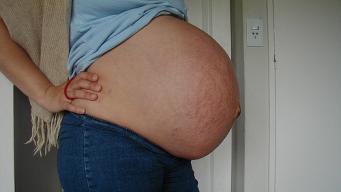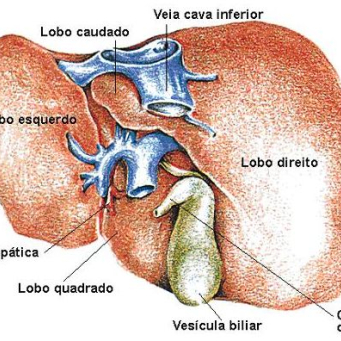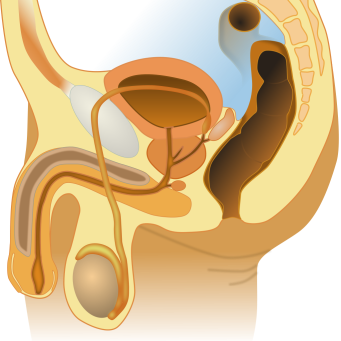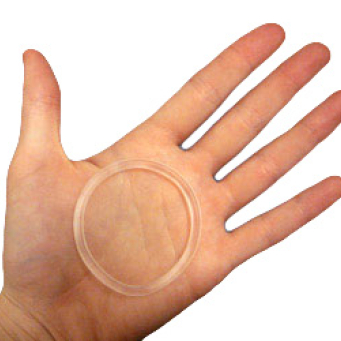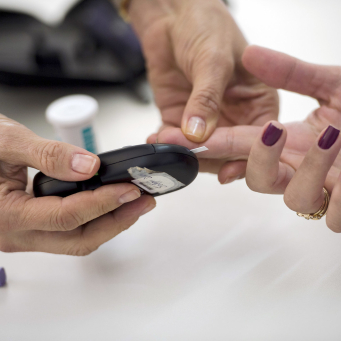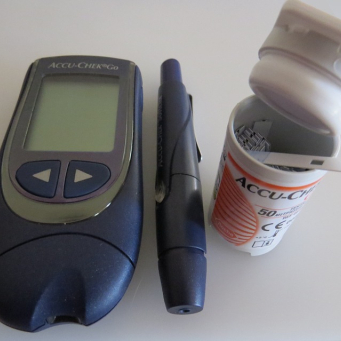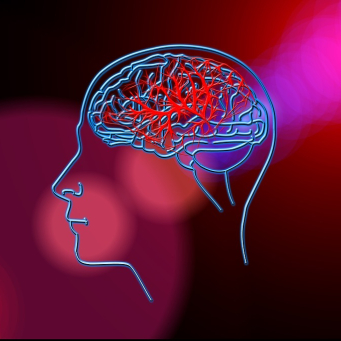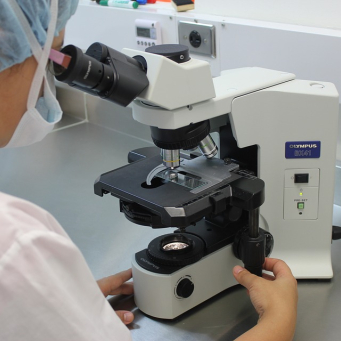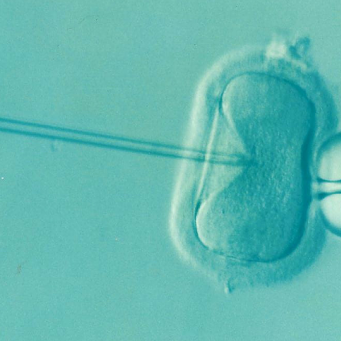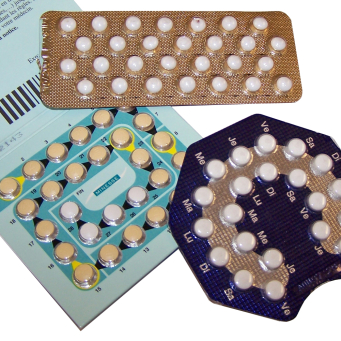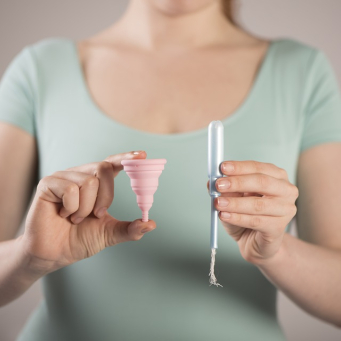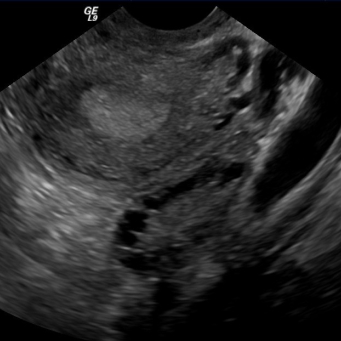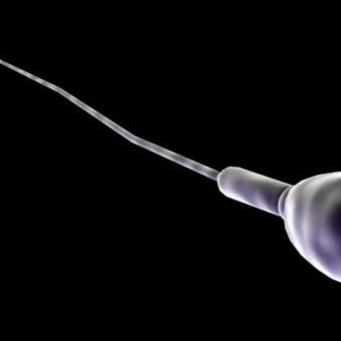There are some tricks and methods that can help. For example, using ovulation tests can more accurately pinpoint the fertile window. If the couple is overweight, one tip to get pregnant faster is to lose weight, as it significantly increases your chances. Nutrition also plays a role in the process. Consuming certain foods, teas, and vitamins like folic acid can help prevent possible barriers for couples trying to conceive. Even adopting certain sexual positions can boost your chances if the shape of the woman’s uterus requires it.
If a year passes without conception, the couple should start to suspect a more serious difficulty. The problem usually comes from one partner, and in rare cases, both. Even though suspicion often falls on the woman, it’s important to remember that the reason may also be male infertility. There are many factors that can prevent a woman from conceiving either temporarily or in general. That’s why seeking a specialist doctor is essential.
The professional is prepared to order the tests acdoes-a-newborns-skin-color-changeding to each couple’s profile and the woman’s age. The simplest tests are blood hormone tests to check for issues with:
- Progesterone
- Estrogen
- Gnrh
- FSH
- LH
- Prolactin
- Testosterone
With these tests you can get an idea of the woman’s cycle health. Ultrasound checks via images to see if there’s something wrong with the uterus or ovaries. In some cases, polycystic ovaries can be seen as early as the first scan. In more complex cases, the doctor may order additional tests, like hysterosalpingography, for example. Since getting pregnant requires care, additional exams can help detect issues such as endometriosis, adhered or blocked tubes, and even chronic anovulation.
Besides women, men who are trying for a baby with their partner should have hormone tests and a semen analysis done. If there is low sperm motility or poor quality, the specialist will recommend the ideal vitamins and medications for that specific case. If everything is okay for both, the doctor gives the green light to keep trying. If needed, he’ll prescribe the right treatment to restore fertility. Procedures like ovulation induction, fertilization, artificial insemination, and others are medical decisions, so a good specialist can help a lot.
While a man can produce sperm throughout his adult life, age can be a tough enemy of female fertility. So putting off pregnancy can become a problem. A woman’s egg reserve is created while she’s still a fetus and, over time, egg quality gradually drops. By her early 40s, she’ll have just a 12% chance of conceiving naturally each ovulatory cycle. In these cases, seeking treatment is often unavoidable.
On the emotional side, especially women who are trying to conceive may suffer with the wait and the lack of results after investing so much effort and time. Frustration can hit suddenly or gradually, causing mental strain. The moment a couple decides they want a child, even before it exists, that child is already at the center of their lives. This feeling may interfere with fertility even if both are in good health. Anxiety can even cause physical effects and create an insurmountable barrier for some women. That’s why when trying to conceive, it's important for the couple to stay as relaxed as possible.
“How to get pregnant?” becomes a life philosophy for many women trying for a baby. Information about medications and medical procedures is easier to find on the internet every day. However, there is a real risk in taking fertility meds on your own. Using ovulation stimulants and hormones without supervision can actually harm fertility, sometimes giving the opposite effect of what you want.








